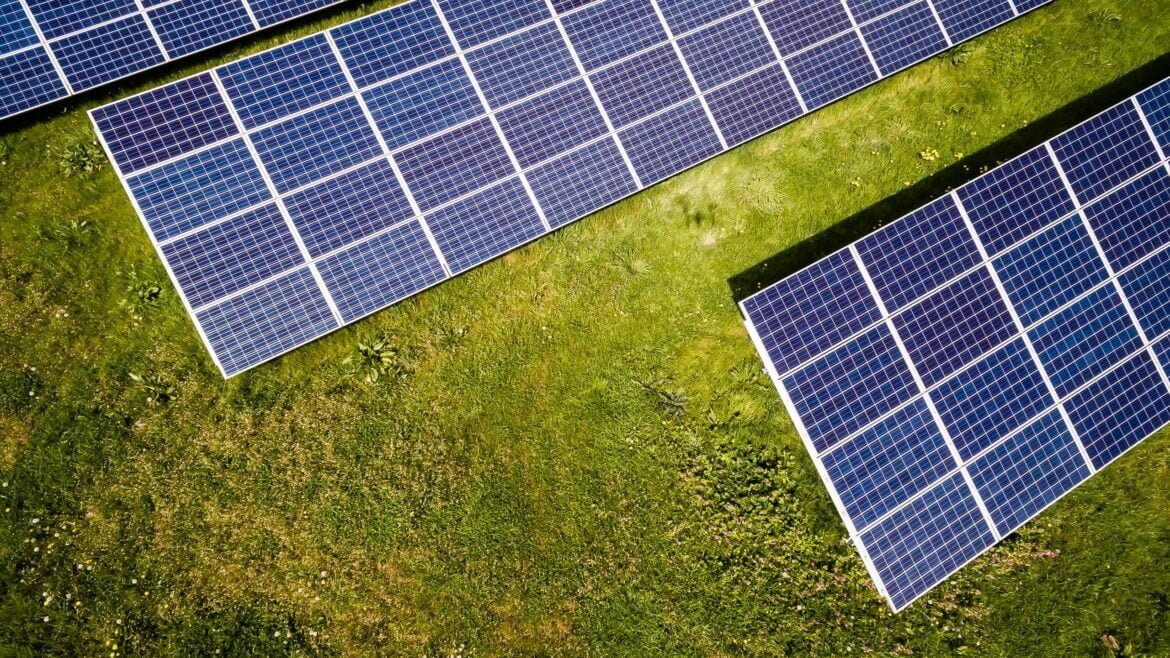The UN has launched a new initiative aimed at embedding fairness, sustainability, and respect for human rights throughout the entire critical minerals value chain as the clean energy transition ramps up.
The Panel on Critical Energy Transition Minerals brings together a diverse group of governments, organisations and UN bodies from nearly 100 countries to develop a set of common and voluntary principles to guide critical mineral mining.
Co-chaired by Ambassador Nozipho Joyce Mxakato-Diseko of South Africa and Director-General for Energy Ditte Juul Jørgensen of the European Commission, plans for the panel were first announced at COP28. Initial recommendations are expected ahead of the General Assembly’s high-level week in September.
As the energy transition steps up pace, so too does the demand for the critical minerals essential to renewable energy technology, such as wind turbines, solar panels, electric vehicles and battery storage.
These critical minerals include copper, lithium, nickel, cobalt, and rare earth elements, and are found in many developing countries, especially across Africa. The continent is home to over one-fifth of the world’s reserves for a dozen metals essential for the energy transition.
Indeed, according to UN Trade and Development (UNCTAD), while the evolution of renewable energy technologies might alter demand, by 2040, in a scenario of net-zero emissions by 2050, the demand for lithium for electric vehicles and grid battery storage is expected to increase by over 1,500 per cent, while for cobalt this is set to rise by over 275 per cent, and for nickel by over 950 per cent.
At the launch of the panel, Secretary-General António Guterres said: “The race to net zero cannot trample over the poor. The renewables revolution is happening, but we must make sure that it is done in a way that moves us towards justice.”
Guterres noted that developing countries cannot be “shackled to the bottom” of the clean energy value chain, relegated to suppliers of basic raw materials.
“It is absolutely essential that added value takes place in the countries that produce these raw materials and that added value is not only in developed countries. Because that’s where the largest part of value chain takes place.”
Adding: “Little wonder that resource-rich developing countries are calling for urgent action to ensure that they, and their communities, benefit from the production and trade of critical minerals and that people and nature are protected.”
However, it is worth noting the limitations of the voluntary nature of these guidelines, with no enforcement mechanism. On the panel itself, missing scientific organisations have also been highlighted, along with warnings issued regarding the influence of industry representatives on the panel.




